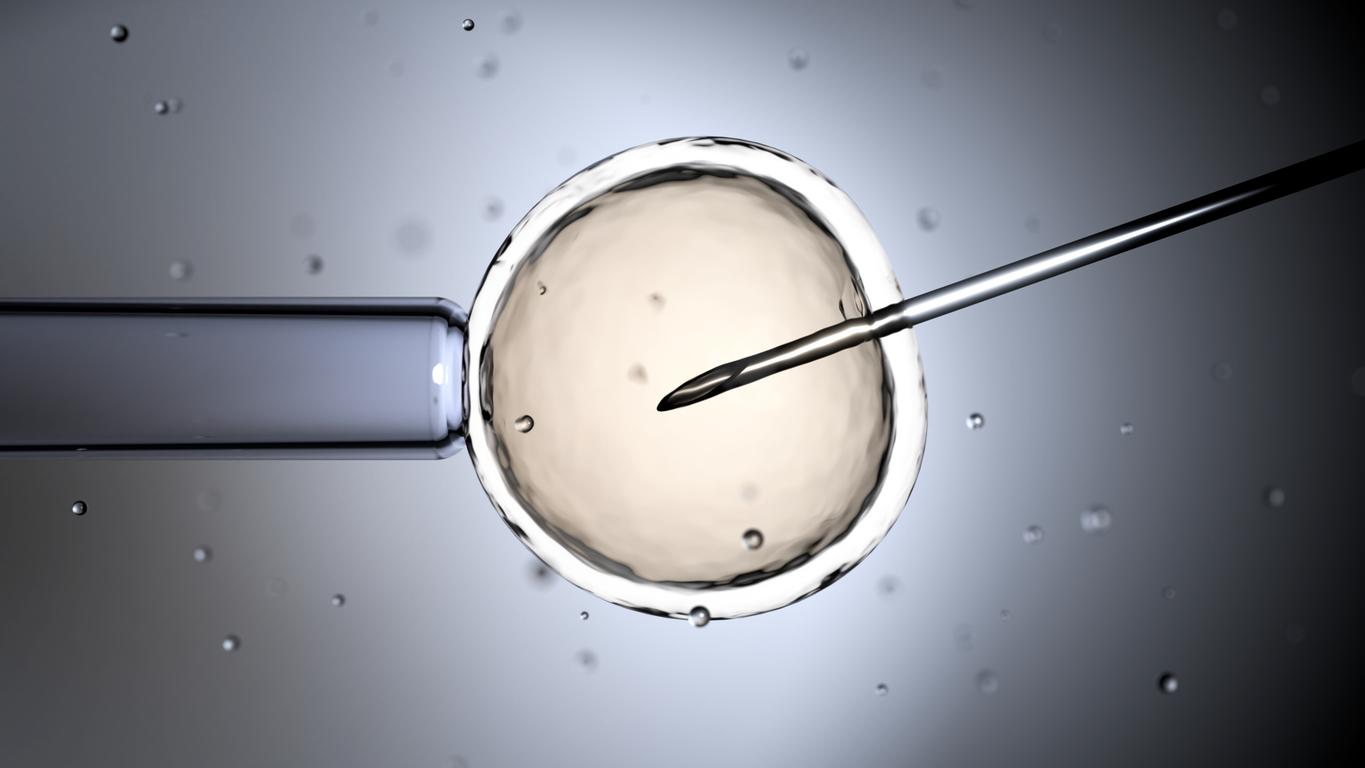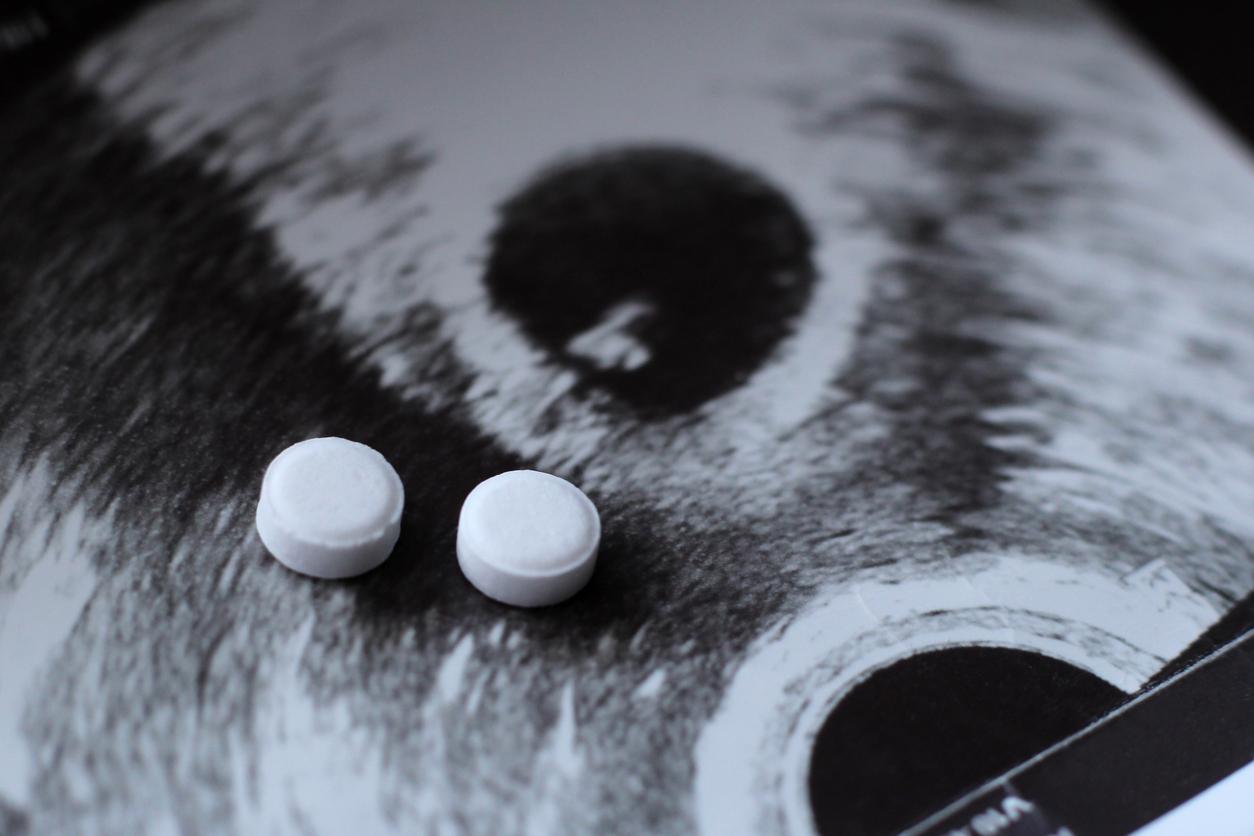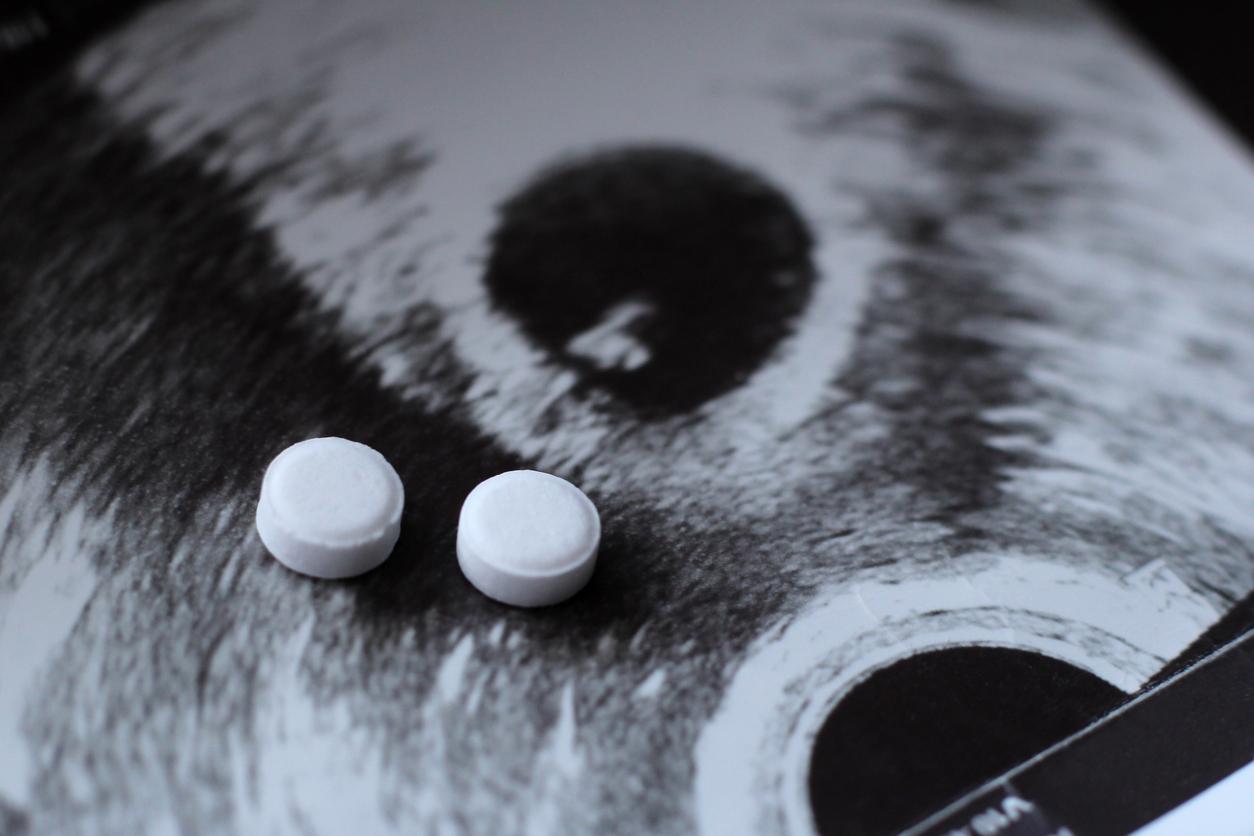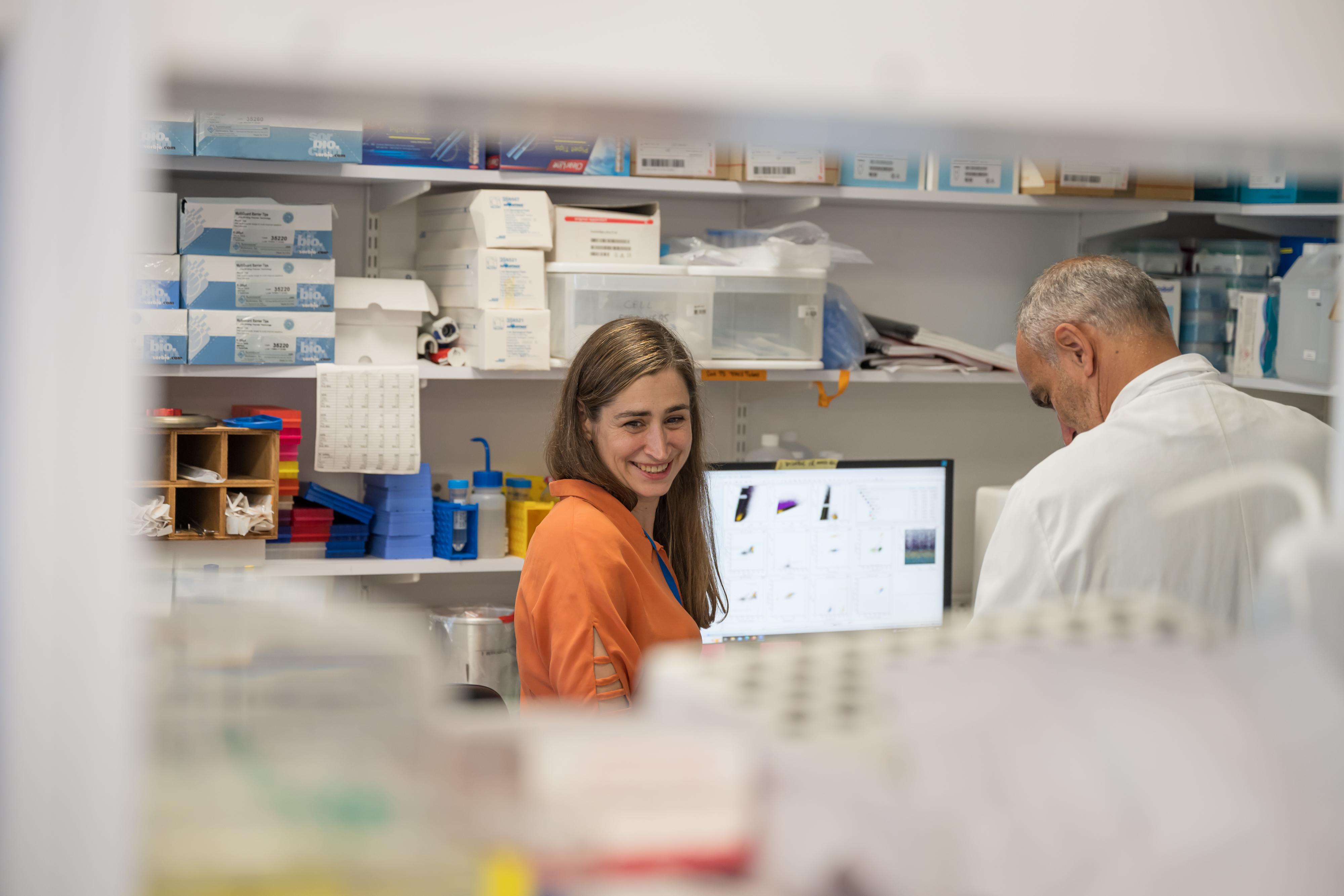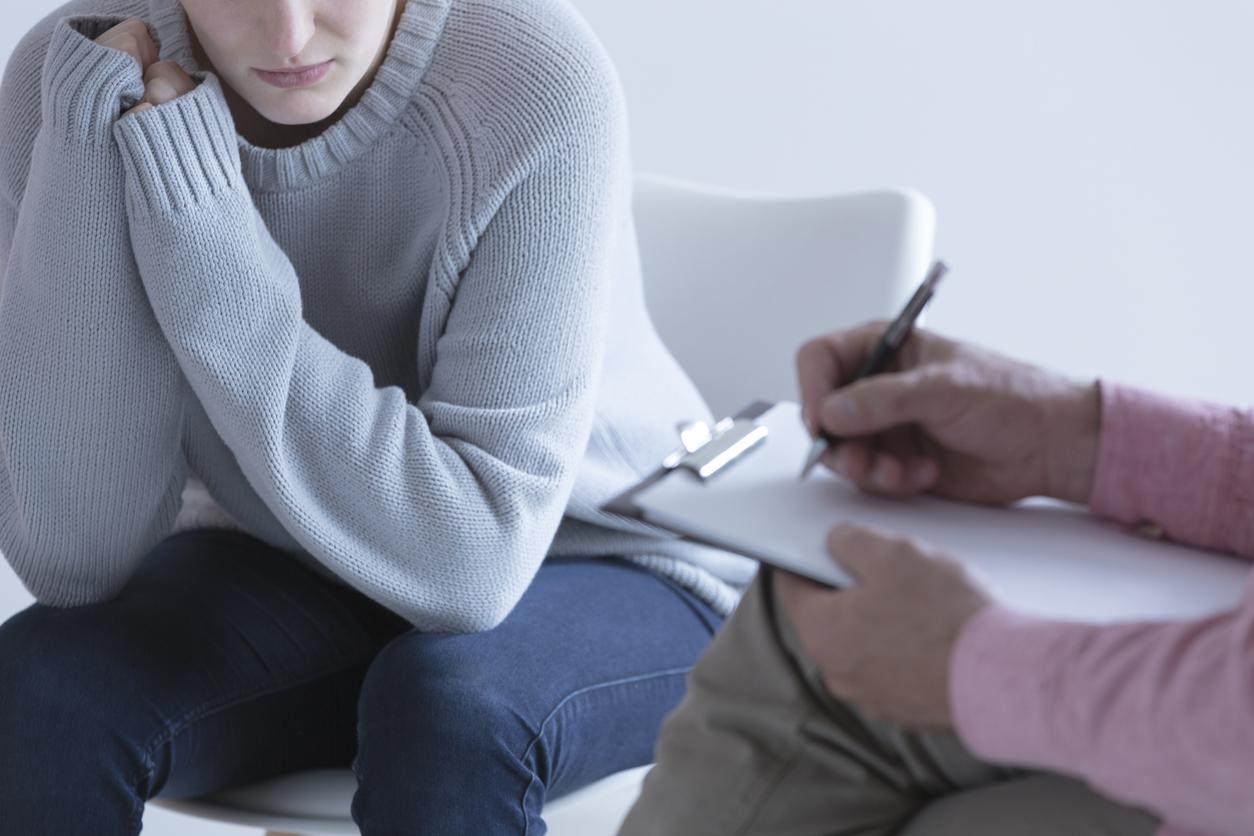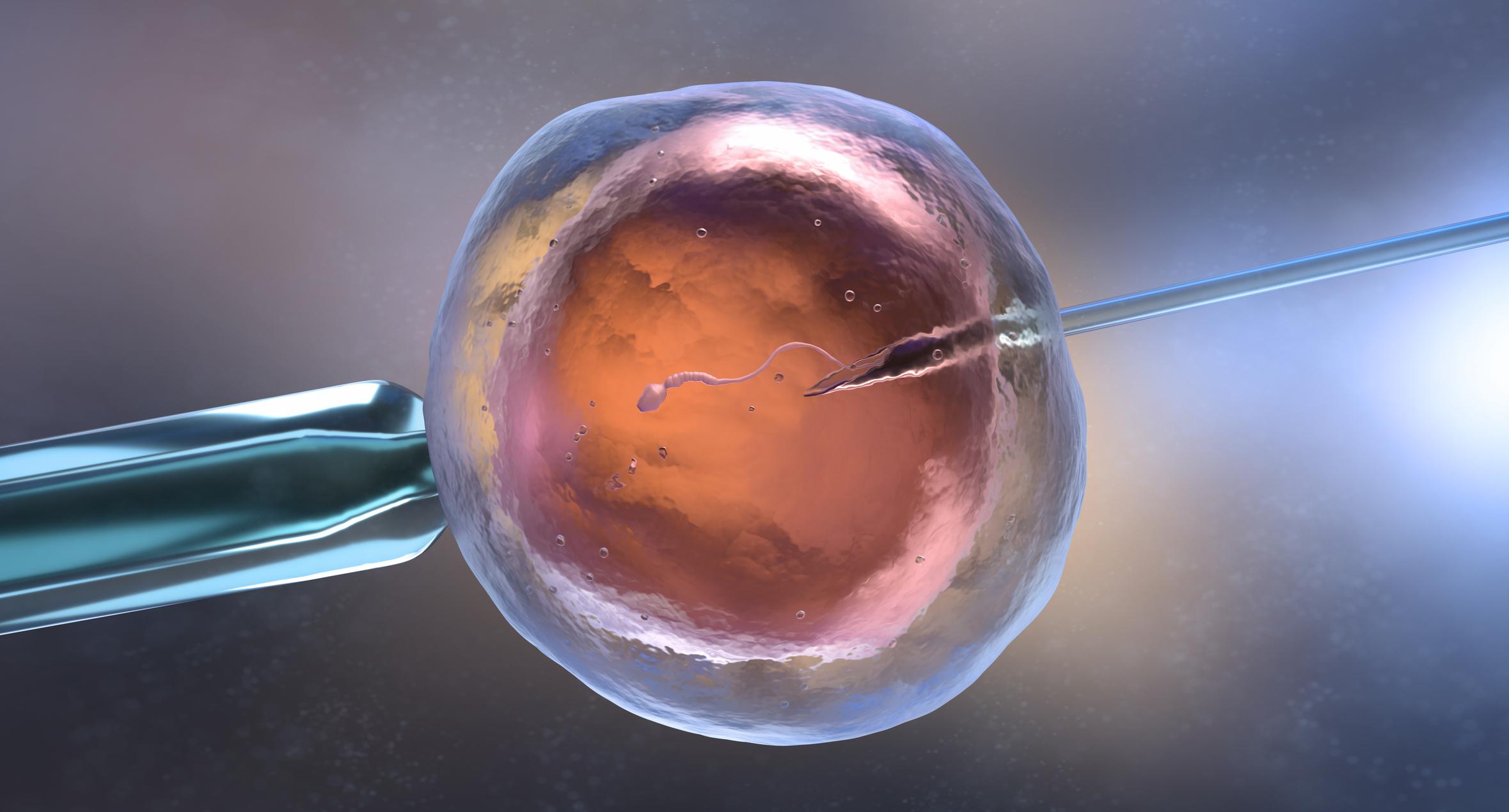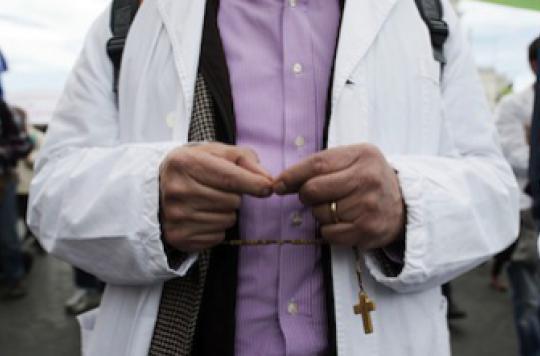
INVESTIGATION – As the examination of the proposed law on the end of life begins in Parliament, the “pro-life” doctors confided in them. Not all Catholics, they defend their convictions with states of mind.
“Upon reflection, I prefer not to answer your interview. On the eve of the decision of the ECHR (1) on the Vincent Lambert affair, I fear that the moment is not well chosen. For 2 years, as a medical council for parents, I have been put under the label: “Catholic, fundamentalist, extreme right”. This is slander. I no longer wish to bring grain to grind to my detractors ”, confided to Why actor Prof. Xavier Ducrocq.
With this first refusal, our investigation of “pro-life” doctors started off badly. After the media exposure, would these practitioners have chosen silence? Not really. Prof. Ducrocq continues, for example, to participate in the “Marches pour la vie”. The last one organized in Paris in January 2015 brought together thousands of demonstrators. All chanted the same slogans: “I am Vincent Lambert”, “Death on prescription: medicine in withdrawal”, or “I was an embryo”.
However, these events do not bring together all the professional defenders of life. The “practitioner-activists”, angry at these changes in society, are in fact a very small minority. The great majority of “pro-life” manage, in fact, to reconcile faith and medical practice.
“Thou shalt not kill”: the same currency for 3 codes
As the examination of the Claeys- Leonetti law proposal on end of life, Dr Eric Kariger, Vincent Lambert’s ex-doctor in favor of stopping treatment, explains that for him, reconciling his Catholic faith and his profession is not difficult. Moreover, he confides that “fundamentalist” doctors, as he describes them, are very isolated in the medical world. “Many Jewish, Muslim, and even atheist practitioners share the credo: ‘Thou shalt not kill’. I also made this commitment by taking the Hippocratic Oath, ”recalls the brand new medical director of a group of retirement homes.
Listen to Dr Eric Kariger, former doctor of Vincent Lambert: ” The Civil Code, deontology and the Bible are completely consistent. They are in line with the principle of respect for the person in his autonomy. This one stops when … “
But despite the apparent ease with which he seems to exercise, Dr Kariger is not immune to changes in legislation and therefore in medicine. Euthanasia, abortion, research on the human embryo, are subjects that can disturb one’s religious convictions.
To reflect on these themes, he has been a member for nearly 20 years of the Catholic Center of French Doctors (CCMF) chaired by Dr Bertrand Galichon. He is a doctor in the Emergency Department of the Lariboisière Hospital (Paris). His group allows Catholic doctors “to adjust their professional engagement with the spiritual life”, he confides.
For this, it welcomes 200 believing and practicing doctors. A satisfactory figure? No, Dr Galichon speaks wistfully of a time when this group numbered thousands of physicians.
“We do not make too much hype, there are things to review I admit”. Up to participating in the “Walk for Life”? In no case does man speak of a reflection of the “plural and diverse” Church. I do not recognize myself in this very identified movement. Without saying more, he concedes, however, that he shares the motives behind these demonstrations.
Non-negotiable abortion and euthanasia
On abortion, for example, the CCMF does not hesitate to be openly against it. Dr Galichon nevertheless recalls that after discussion with the patient, the doctor, who wishes to apply his conscience clause, must redirect the woman concerned to a gynecologist who will take charge of the intervention. This emergency physician specifies that he is personally against abortion, “also as a doctor. He quotes again the “Thou shalt not kill” from the Hippocratic oath …
For these reasons, Bertrand Galichon regrets “the evolution of French society, which today accounts for more than 200,000 abortions per year while contraceptive methods have evolved considerably. “His fear,” the slide towards unjustified abortions, which some women use as a means of contraception.
Beyond his conception of life, each abortion is a tragedy, according to him, especially for the woman who has an abortion. He therefore deplores “the incentives” promised by the Minister of Health, Marisol Touraine, to make the act free from start to finish. “It takes responsibility away and it’s serious. Besides, many doctors think like me. The medical profession is always very embarrassed by the fact of taking a life. And it’s the same with euthanasia. The vast majority of practitioners are opposed to it, ”he adds.
Consensus around values stemming from Christian humanism?
A version confirmed by the second physician advising parents of Vincent Lambert. Unlike Dr Kariger, he was in favor of continuing treatment (hydration, nutrition) and therefore keeping this patient alive in a state of minimal “plus” consciousness. This specialist in the care of people in a coma is none other than Dr Bernard Jeanblanc, chief physician of the Specialized Life Unit (UVS), of the Bethel nursing home, a private establishment located in Oberhausbergen ( Bas-Rhin).
There, this doctor welcomes patients with altered consciousness, who “too often find themselves in poorly adapted structures, such as palliative care units.” However, they are not at all at the end of their life, ”he insists, drawing a parallel with the case of Vincent Lambert.
This doctor is, on the other hand, very far from the image we have drawn of him. Are you a fundamentalist Catholic? “Not at all, I am a Protestant and non-practitioner, but with Christian values. Regarding abortion and marriage for all, I do not agree with the ideas of the March for Life at all. For me, opposing euthanasia is more of humanism, ”he pleads casually. It must be said that the critics slide on this man confronted daily with patients in an incurable state.
Listen to Dr Bernard Jeanblanc : ” There is the problem of the transgression of the forbidden which I will not do. On the other hand, I am not against a certain sedation. But not that of the Claeys-Leonetti law which for me is euthanasia. “
(1) European Court of Human Rights
(2) Assistance Publique-Hôpitaux de Paris
.









